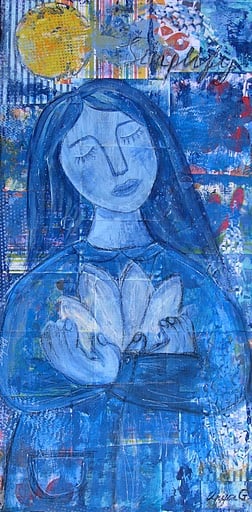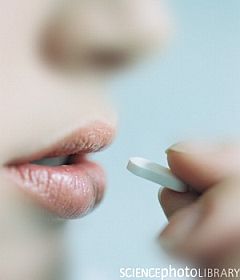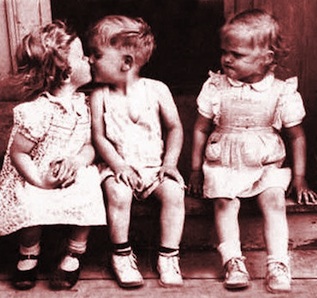 Andrew Solomon offers this brilliant paragraph in his classic, “The Noonday Demon” about the relationship between medication and therapy, when we should make Herculean efforts to break free from depression or rather lie listless on our beds as victims of a loathsome illness:
Andrew Solomon offers this brilliant paragraph in his classic, “The Noonday Demon” about the relationship between medication and therapy, when we should make Herculean efforts to break free from depression or rather lie listless on our beds as victims of a loathsome illness:
The conflict between psychodynamic therapy and medication is ultimately a conflict on moral grounds; we tend categorically to assume that if the problem is responsive to psychotherapeutic dialogue, it is a problem you should be able to overcome with simple rigor, while a problem responsive to the ingestion of chemicals is not your fault and requires no rigor of you. It is true both that very little depression is entirely the fault of the sufferer, and that almost all depression can be ameliorated with rigor. Antidepressants help those who help themselves. If you push yourself too hard, you will make yourself worse, but you must push hard enough if you really want to get out. Medication and therapy are tools to be used as necessary. Neither blame more indulge yourself.
I’m indebted to him for explaining it to me that way because I’ve always been confused by the relationship between meds and therapy, antidepressants and cognitive-behavioral techniques … how much I need of one versus the other, and wondering if we all need a different mixture, or if a standard Package #3 could cover most depressives.
Solomon’s words make so much sense, but given that, when clinically depressed, we have to make an assessment when the perspective of ourselves and of our disorder is jaded, it helps to have our therapist or psychiatrist tell us when we need to work it a tad more–become more aware of our negative intrusive thoughts and apply mindfulness techniques to them–and when such efforts are fruitless and perhaps even harmful.
I’ve been in this trap for a few months. Just as I think I’m ready to apply some mindfulness techniques to my very loud brain, and to help myself along in recovery, I will read a piece about how best to start and come away feeling worse, like a total failure for not being able to harness the wild animals in my limbic system.
I talked to Dr. Smith this morning about my struggle and she read aloud this paragraph from the introduction of “The Mindful Way through Depression” by Mark Williams, John Teasdale, Zindel Segal, and Jon Kabat-Zinn:
It may be wise not to undertake the entire program while in the midst of an episode of clinical depression. Current evidence suggests that it may be prudent to wait until you have gotten the necessary help in climbing out of the depths and are able to approach this new way of working with your thoughts and feelings, with your mind and spirit unburdened by the crushing weight of acute depression.
I was so relieved to read that because I have been a long fan of Jon Kabat-Zinn’s work and want to implement it into my recovery program. But lately, when I try the breathing techniques or the body scan or the other methods to tame the bastards in my head, I come away feeling even more frustrated.
I’m starting to understand that, perhaps even more important than giving me the right prescription, is Dr. Smith’s ability to tell me when I’m clinically depressed. Because sometimes I don’t even know, especially if it arrives gradually like it has in the last few months. From the form I fill out at the beginning of her session to the way in which I express myself, she can determine where I am in the cycle of depression or mania or remission.
There is a time to throw everything you have at a mood disorder. And there is a time to hold back on all the brain exercises.
For me, that time would be now.
Illustration by Anya Getter.
* Click here to subscribe to Beyond Blue and click here to follow Therese on Twitter and click here to join Group Beyond Blue, a depression support group. Now stop clicking.

